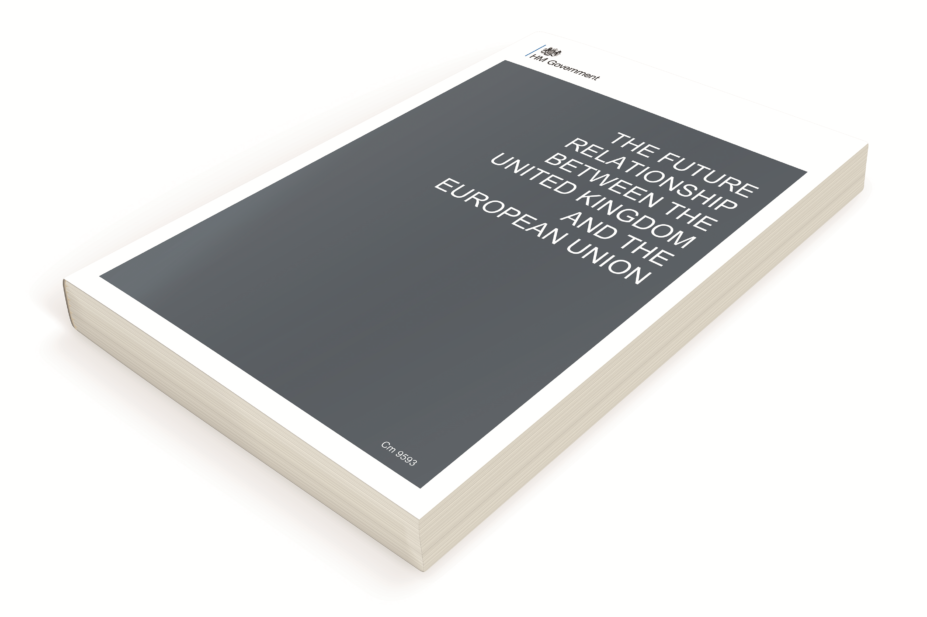
gov.uk
The UK government wants to keep the free movement of seven protected professions — including pharmacists — between the EU and UK after Brexit.
Under current EU regulations, the professional qualifications of pharmacists, nurses, midwives, doctors (including GPs and specialists), dental practitioners, architects and veterinary surgeons are mutually recognised by member states in order to allow workforce mobility.
While the UK would no longer be tied to the directive post-Brexit, the government has proposed a similar scheme to continue to allow the mutual recognition of qualifications for the same professional groups across the EU.
The government’s Brexit white paper, ‘The Future Relationship Between the UK and the EU’, praises the current system because it allows professionals to practise across borders without the need to retrain or requalify.
It said the UK has recognised over 142,000 EU qualifications and over 27,000 decisions to recognise UK qualifications have been undertaken in the EU since 1997.
The report, published on 12 July 2018, said: “The UK agrees with the position set out in the European Council’s March 2018 guidelines, which stated that the future partnership should include ambitious provisions on the recognition of professional qualifications.
“This is particularly relevant for the healthcare, education and veterinary/agri-food sectors in the context of North-South cooperation between Northern Ireland and Ireland.”
The government plans to establish a new system which is “broad in scope” covering the “same range of professions as the Mutual Recognition of Qualifications Directive”.
It would apply to people looking to work here on a permanent or temporary basis, would enable professionals “to demonstrate that they meet the necessary requirements” or “undertake legitimate compensatory measures where there is a significant difference between qualifications or training, in a timely way”.
The UK system would also offer co-operation between different professional regulators who would be expected to cooperate around the “exchange of information about breaches of professional standards, and to review changes to professional qualifications over time”.
Sandra Gidley, chair of the Royal Pharmaceutical Society’s English Pharmacy Board, said the RPS was monitoring the issue.
”We would certainly want to look at what the [UK government] is proposing,” she said. ”A number of staff have been attending meetings with the medical Royal Colleges – I think it’s an issue which is ‘simmering’ at the moment rather than something that is on ‘rapid boil’.”


